Contents

Political Ideologies
Comprehensive and accessible, Political Ideologies follows the evolution of political thought over 300 years. Organized chronologically, this text examines each major ideology within a political, historical, economic, and social context. Leon Baradats skillful prose is joined by John Phillips superb updating to ensure that students obtain a clear understanding of how ideas influence the political realities of our time. The twelfth edition of this beloved text emphasizes new developments in ideologically charged arenas including the Middle East and Islam, gay marriage, feminism, climate change, and more.
Leon P. Baradat is Professor Emeritus of Political Science at MiraCosta College, USA.
John A. Phillips is Professor of Political Science at MiraCosta College, USA.
Political Ideologies
Their Origins and Impact
Twelfth Edition
LEON P. BARADAT
MiraCosta College
JOHN A. PHILLIPS
MiraCosta College

Twelfth edition published 2017
by Routledge
711 Third Avenue, New York, NY 10017
and by Routledge
2 Park Square, Milton Park, Abingdon, Oxon, OX14 4RN
Routledge is an imprint of the Taylor & Francis Group, an informa business
2017 Taylor & Francis
The right of Leon P. Baradat and John A. Phillips to be identified as author of this work has been asserted by them in accordance with sections 77 and 78 of the Copyright, Designs and Patents Act 1988.
All rights reserved. No part of this book may be reprinted or reproduced or utilised in any form or by any electronic, mechanical, or other means, now known or hereafter invented, including photocopying and recording, or in any information storage or retrieval system, without permission in writing from the publishers.
Trademark notice: Product or corporate names may be trademarks or registered trademarks, and are used only for identification and explanation without intent to infringe.
Eighth edition published by Pearson Education, Inc. 2003
Ninth edition published by Pearson Education, Inc. 2006
Tenth edition published by Pearson Education, Inc. 2009
Eleventh edition published by Pearson Education, Inc. 2012, and Routledge, 2017
Library of Congress Cataloging in Publication Data
Names: Baradat, Leon P., 1940
Title: Political ideologies : their origins and impact/Leon P. Baradat, MiraCosta College, John A. Phillips MiraCosta College.
Description: Twelfth edition. | New York, NY: Routledge, 2017. | Includes index.
Identifiers: LCCN 2016005928 | ISBN 9781138650046 (hardback) | ISBN 9781138650053 (pbk.) | ISBN 9781315625539 (ebook)
Subjects: LCSH: IdeologyHistoryTextbooks.
Classification: LCC JA83 .B248 2017 | DDC 320.509dc23
LC record available at http://lccn.loc.gov/2016005928
ISBN: 9781138650046 (hbk)
ISBN: 9781138650053 (pbk)
ISBN: 9781315625539 (ebk)
Typeset in Sabon
by Sunrise Setting Ltd, Brixham, UK
Leon Baradat
To Elaine,
wife, partner, and friend.
And to David H. Provost,
professor, mentor, friend.
Thank you for everything, Dave.
John Phillips
To my wife and children,
Lisa, Sophia, and Leo,
and my parents David and Carol;
for all their love and support.
BRIEF CONTENTS
DETAILED CONTENTS
Since the first edition of this book, we have witnessed many changes in the currents and undertows of world politics. The Cold War ended, and people became hopeful momentarily that the political waters would calm. However, although the frightening possibility of a nuclear confrontation between the superpowers has diminished, albeit tenuously, we still find ourselves confronted with a threatening political environment. The Middle East festers, even more than before; religious fundamentalism engenders violence; political terrorism has become commonplace; racism divides peoples; nationalism and neo-fascism emerge again; hate groups are resuscitating; famine emaciates millions in the Developing World while the insatiable developed economies squander resources (although important progress has recently been made, especially in China); at home a corporate state emerges as the middle class disappears and vast wealth siphons into the hands of the very few; meanwhile, the Earth is warming in response to overcharged industrialized economies, threatening unprecedented disaster; and the pressure of the worlds exploding population on finite potable water, food supplies, breathable air, and other resources has become so acute as to cause serious people to wonder whether the Earth remains capable of sustaining its burgeoning population.
These problems, and many others demand solutions. To resolve our difficulties, we must have a firm understanding of our own values and political system so that our efforts can enhance what we cherish rather than sacrifice it. We must also realize that we have to work together with other people in the world, since, driven by a global economy, many of our problems span national boundaries, exceeding the capacity of single states to solve them. We must learn to deal with people who have values, views, and ideas quite different from our own.
This book is a good place to begin such a critical endeavor because a clear understanding of current world ideologies is essential if one is to grasp the political realities of our time.
NEW TO THIS EDITION
Besides a thorough updating of examples, detail, and data, the following items are either wholly new or considerably expanded in this edition.
 The mixed legacy of the Obama administration on civil liberties, foreign policy, health care, immigration, and especially the environment, and the mounting jeopardy to the global environment posed by record-breaking global warming and pollution.
The mixed legacy of the Obama administration on civil liberties, foreign policy, health care, immigration, and especially the environment, and the mounting jeopardy to the global environment posed by record-breaking global warming and pollution.
 The recently developed variegations in conservatism: The Tea Party movement, the expanding political importance of religious extremists, and the growing incivility of its extremists.
The recently developed variegations in conservatism: The Tea Party movement, the expanding political importance of religious extremists, and the growing incivility of its extremists.
 The Great Recession, its causes and its political fallout.
The Great Recession, its causes and its political fallout.
 The US tax systems mal-distribution of wealth and its implications for the middle class and American democracy.
The US tax systems mal-distribution of wealth and its implications for the middle class and American democracy.
 The reemergence of authoritarianism in the Developing World and Russia.
The reemergence of authoritarianism in the Developing World and Russia.
 Chinas continuing economic miracle while maintaining a firm grip on the political system, if through official corruption, but also suffering serious social, environmental, and health problems.
Chinas continuing economic miracle while maintaining a firm grip on the political system, if through official corruption, but also suffering serious social, environmental, and health problems.
 The transfer of power from Fidel to Raoul Castro, and the rapprochement of the United States and Cuba.
The transfer of power from Fidel to Raoul Castro, and the rapprochement of the United States and Cuba.
 Right-wing extremism mounting in Europe, Asia, and the United States.
Right-wing extremism mounting in Europe, Asia, and the United States.
 The growing salience of Islamism, the Iran nuclear deal, and the transformation of the Arab Spring to the Islamist Winter.
The growing salience of Islamism, the Iran nuclear deal, and the transformation of the Arab Spring to the Islamist Winter.

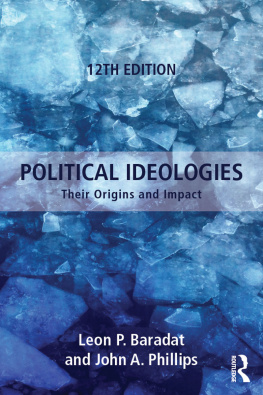
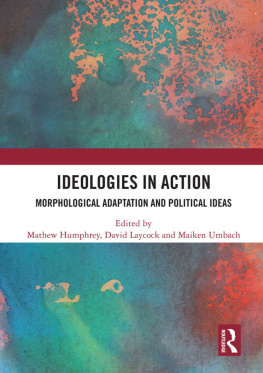

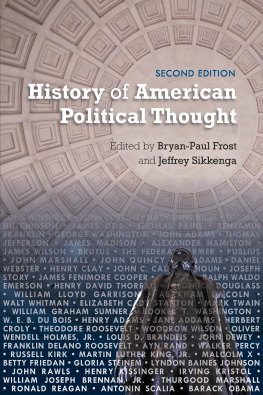


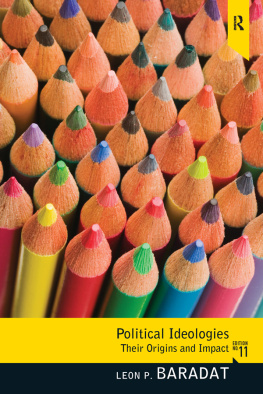
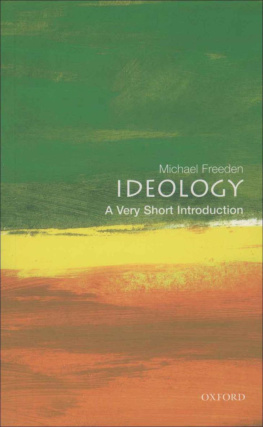
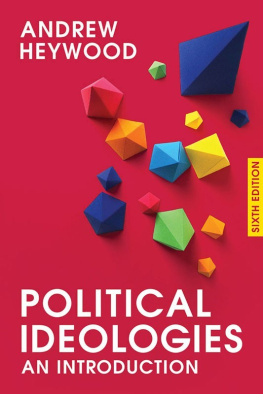


 The mixed legacy of the Obama administration on civil liberties, foreign policy, health care, immigration, and especially the environment, and the mounting jeopardy to the global environment posed by record-breaking global warming and pollution.
The mixed legacy of the Obama administration on civil liberties, foreign policy, health care, immigration, and especially the environment, and the mounting jeopardy to the global environment posed by record-breaking global warming and pollution.